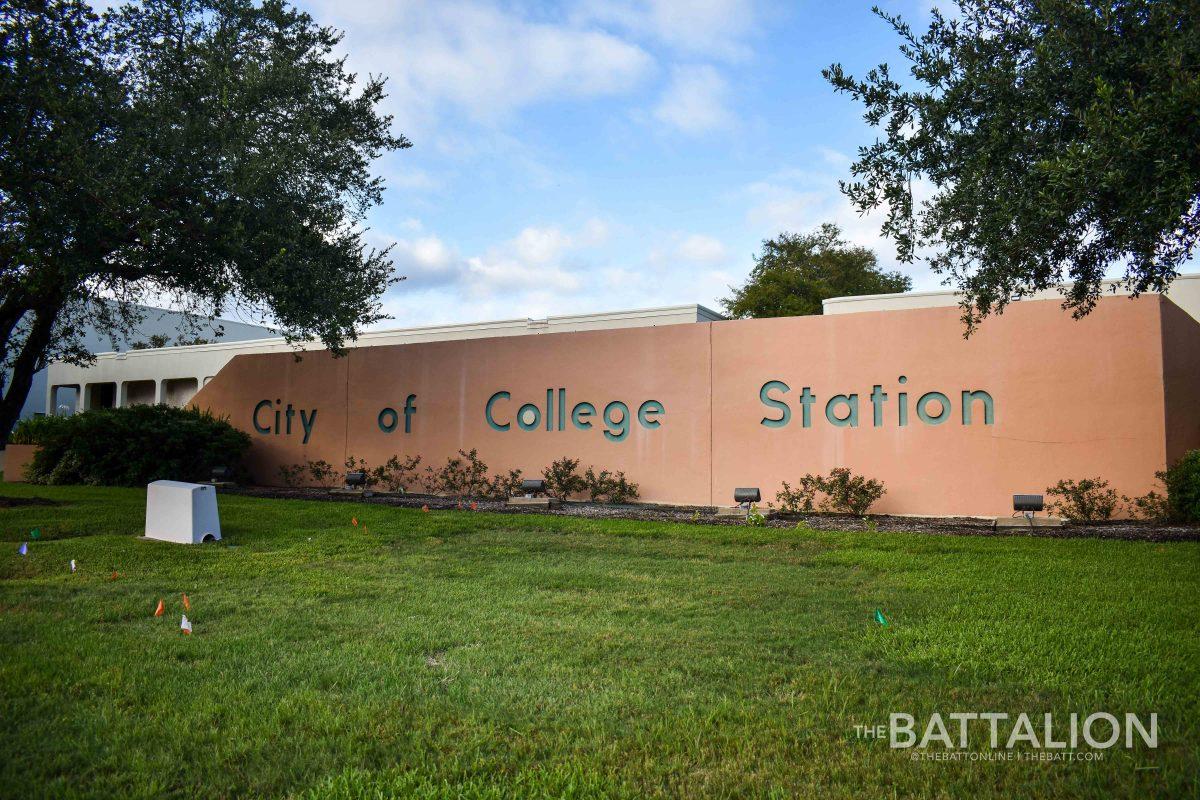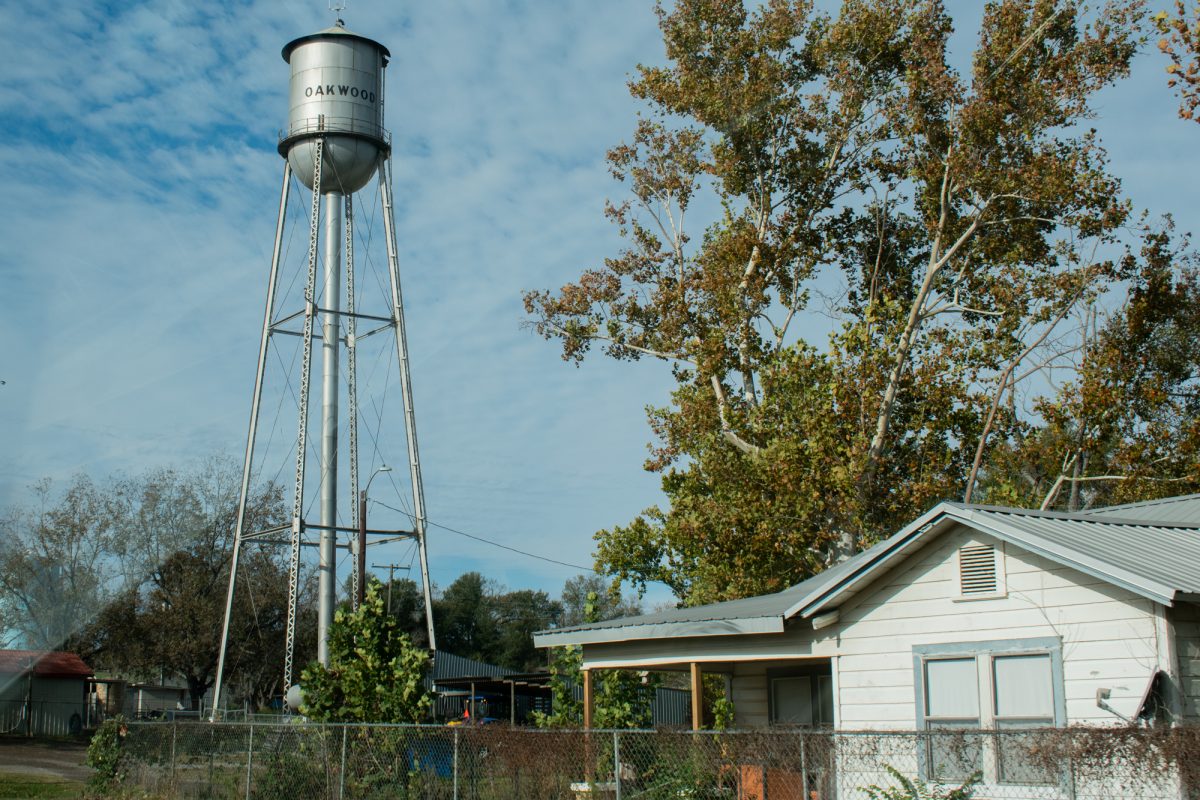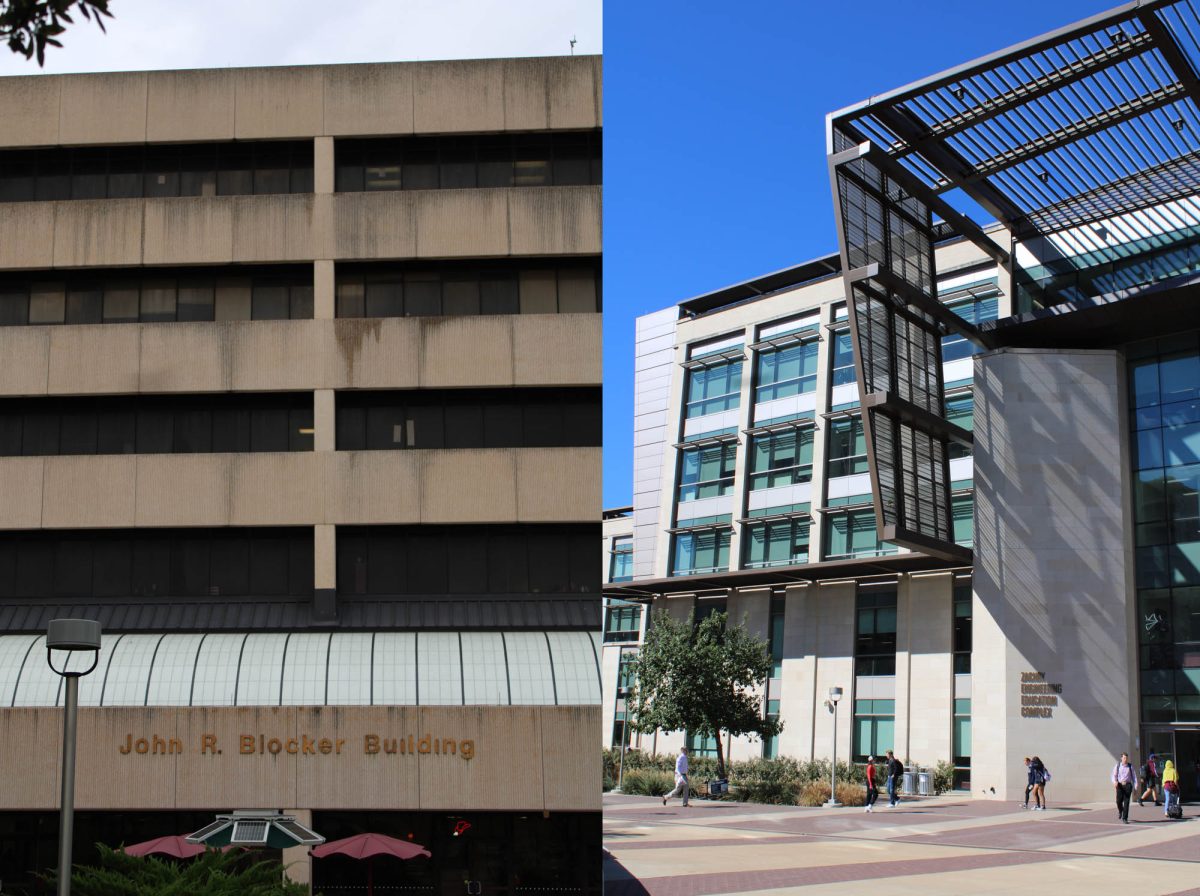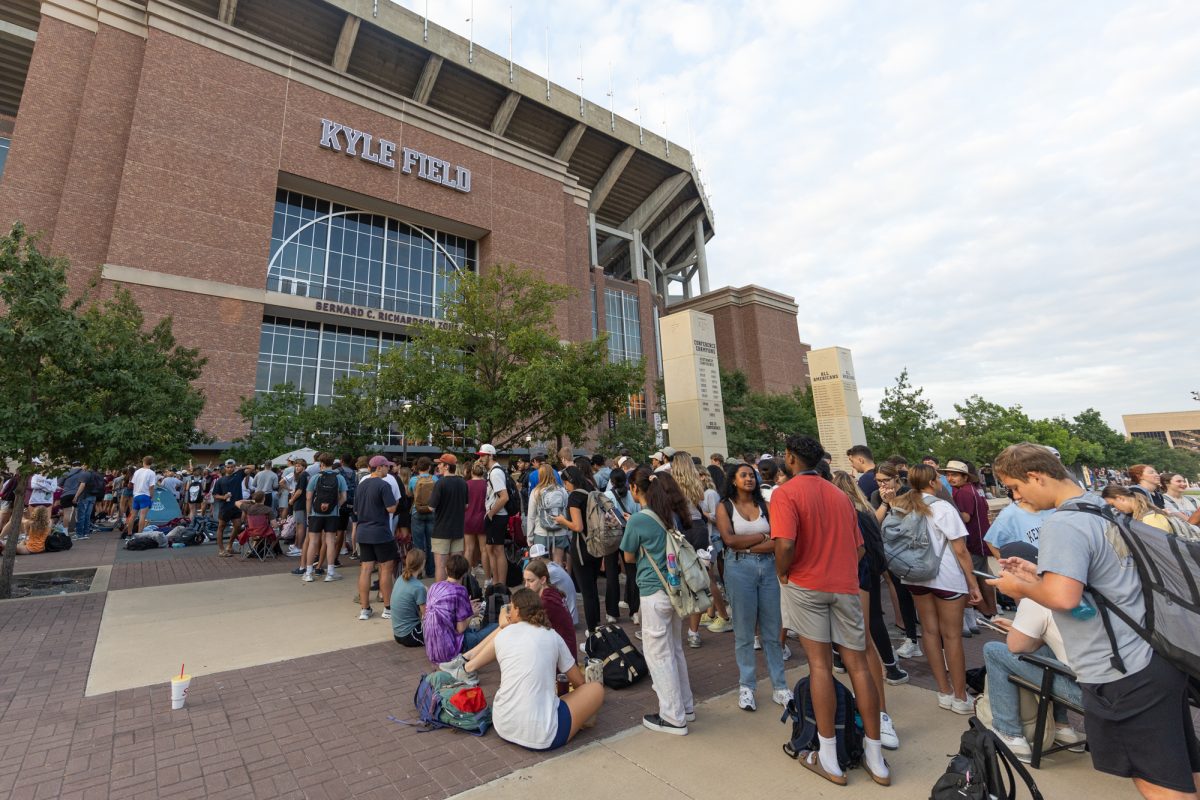A few weeks ago, I covered the College Station City Council Place 5 race. Because the candidates’ positions were only available through their Facebook campaign pages, my analysis was limited. In order to better understand incumbent John Nichols, Brian Alg and Craig Regan’s positions on several significant issues, I interviewed all three candidates.
In our various conversations, the candidates and I covered several significant topics, one being their respective visions for economic expansion.
Nichols explained he wants to establish partnerships between the Chamber of Commerce and new businesses, offering some tax incentives for new companies. He pointed to two tech businesses — FujiFilm and Stata — as examples of firms that can diversify the economy and provide well-paying jobs. Nichols also discussed leveraging the limited football tourism to help restaurants and bars recover from the recession.
Alg’s focus would be centered around cutting regulations that stifle business growth. He specifically discussed how enabling businesses to serve drinks outside in Northgate would increase the number of people restaurants can serve, thereby increasing profits. However, when expanding new businesses, Alg stated he would not provide tax incentives to construct new buildings. Instead, he would rather encourage new businesses to take advantage of existing infrastructure, arguing many firms like Viasat will move here without incentives.
Regan also would incentivize new businesses to set up shop in College Station. He said he is concerned the economy right now is too reliant on parents giving college students money to spend. His solution would be to diversify new firms that can provide high-paying jobs, not unlike Nichols’ vision. Regan would also set up a small business board with the city to involve entrepreneurs in the political process. Within a year, this board would publish a study that outlines which codes the city can abolish.
I disagree with Alg and think we should offer tax incentives to new companies, especially technology firms. Not only do they provide high-paying jobs, but they also provide opportunities for Texas A&M graduates to remain in College Station and help the city grow. While I disagree with his framing that college students need to be given money to stimulate the economy, I support Regan’s idea to overhaul the city’s regulations. Business owners should have say in forming the codes that affect them. However, City Council should first set forth a standard that can differentiate between codes that stifle growth and regulations that are necessary but inconvenient.
Building on economic development, the candidates and I next discussed three factors that could inhibit the city’s growth: debt, deficit and tax rates. As of fiscal year 2018, College Station owed over $322 million in total debt.
Nichols discussed why debt is sometimes necessary. For example, he pointed out that a significant amount of spending has recently been dedicated to renovating city hall and the police headquarters. Combined, these two projects cost around $70 million, and I doubt many cities have tens of millions of dollars just lying around. Additionally, while no one likes seeing their taxes increase, Nichols explained in a 2014 blog why there are times when raising taxes is unavoidable. He specifically highlights rising inflation, increasing costs and reduced purchasing power demanded City Council to increase property taxes.
Alg disagrees with Nichols in several ways. For one, he argues there is a significant amount of wasteful spending the city can cut, specifically pointing to adult kickball leagues. When I asked him where he would redirect the funding, Alg stated he would reduce taxes with any surplus he created. Furthermore, Alg discussed revising utility taxes in addition to lower property tax rates.
The most significant distinction between the three candidates is Regan’s debt plan to sell refunding bonds to residents. According to his wealth conservation campaign video, his plan is to raise $77 million by selling refund bonds in three waves during his four-year term. Another policy Regan is pushing to reduce spending is outsourcing park maintenance — mowing lawns and removing garbage — to local nonprofits for a low, flat rate. The hope is that the city saves money on park services and also supports nonprofit organizations suffering financially from COVID-19.
I tend to side with Nichols on this issue because a large amount of debt stems from necessary spending and higher taxes are needed to offset that cost. However, I also concur with Alg that we can cut unnecessary spending to further reduce spending deficits. Unlike Alg and Regan, I would argue budget surpluses should be directed toward paying debt rather than tax cuts. If the debt is unsustainable as Regan suggests, more resources should be dedicated to paying those bills.
While initially enthusiastic about his debt plan, I have some reservations about Regan’s proposal. He explained that no one is forced to participate in the bond plan and some people will buy multiple refund bonds to make up for others who buy none, but conceded he may not meet the $77 million goal he set. Although Regan argues any amount of money raised will help the city, I am hesitant to endorse the plan while multiple unknowns are present.
Potentially the most important issue for college students revolves around the candidates’ stance on the Residency Occupancy Overly, or ROO, an ordinance that can restrict the number of unrelated individuals in some neighborhoods to two.
Nichols clarified several points when I asked him why he supported this restrictive measure. He specifically discussed it was a preliminary measure and there were still many details that the city needed to hash out. Nichols specifically stated he would not support the ROO without additional protections for current investors with a grandfather rule.
Both Alg and Regan disagree with the ROO, arguing the government should not be involved with personal property rights. They would rather let market forces create affordable student housing units close to campus and structure single-family neighborhoods elsewhere. Regan also proposed giving students a one-time utility discount for completing online training to help reduce conflicts in single-family neighborhoods.
While I appreciate Nichols’ tact and reasoning for supporting the ROO, I agree with Alg and Regan that the city should not dictate who can live in a rental property. While Nichols is correct in pointing out that not all neighborhoods will vote to restrict occupancy and there are zones the ROO does not affect, the ROO can still disproportionately affect A&M students.
Because of philosophical differences, I am unlikely to vote for Alg. I specifically disagree with him on the role of government in economic expansion and on tax policies.
I originally was planning to vote for Regan, but I am reconsidering my decision for the time being. I agree with each candidate on certain issues, and I now find myself split between Regan and Nichols on economic and housing issues. While I am on board with Regan’s park plan and housing stance, I side with Nichols on tax policy and city budgeting.
Caleb Powell is a sophomore biomedical engineering major and a columnist for the Battalion.
Editor’s Note: A previous version of this column incorrectly stated that Regan supports issuing bonds as part of his debt plan. Instead, Regan would issue refunding bonds, which is a way governments can refinance already existing debt.















